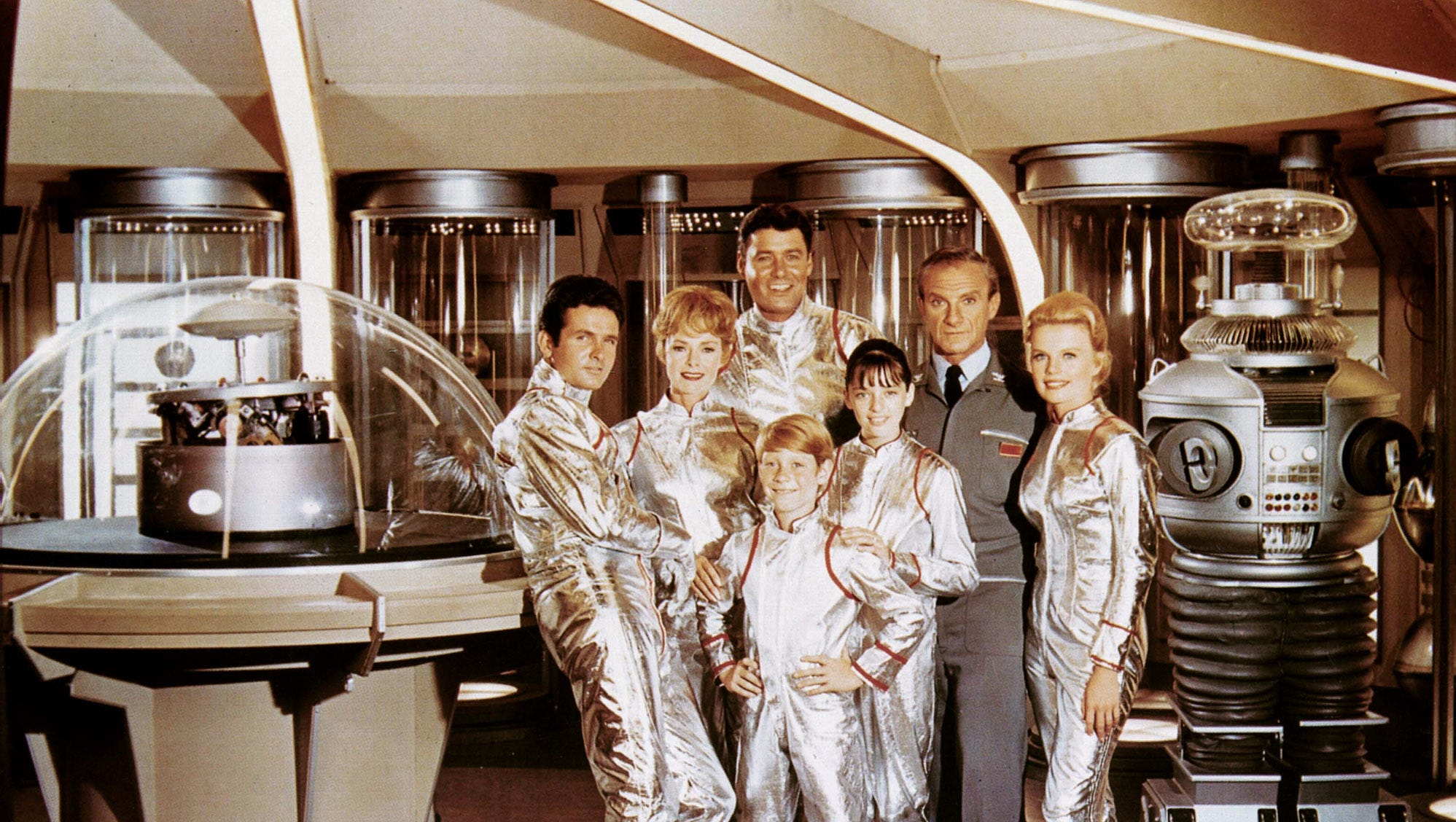

The Robinson women, who spent most of the original series cooking or falling in love with dashing aliens, are fully individuated: Eighteen-year-old Judy (Taylor Russell) is a capable medical doctor younger sister Penny (Mina Sundwall ) is a sardonic rule-breaker and - in perhaps the show's smartest move - mother Maureen ( House of Cards standout Molly Parker) is a brilliant scientist whose strict, uncompromising expectations of those around her are continually frustrated. Happily, the once-bland Robinson family has gotten a much-needed upgrade. It never quite slips over into camp, but it's so close you can smell the s'mores. In her every interaction with another character, you can see her probing for weak spots and exploitable information.
#Lost in space how to
Posey's great in the role, of course - she plays the woman as a raw, exposed nerve that's learned how to conceal itself behind bland niceties and simpering grins so as to fit in.

"Yes." "Sure." "Makes sense." "No, I mean, obviously." Let's just say that in some select quarters there was a great and vigorous nodding of heads. Upon learning that role of Doctor Smith would be assayed, in the new series, by Parker Posey, well.

Those of us who view the original Doctor Smith as a queer icon remain fiercely protective of the character, and when this Netflix series was first announced, I can assure you that there was some consternation among the faithful. The special effects are hugely impressive, the sets suitably grand and meticulously detailed, and the exteriors so gorgeous you'll do that thing where you wait for a talky scene to visit the show's Wikipedia page to find out where it was filmed. It was one of the first examples of a television series undergoing a shift in emphasis that would come be known, years later, as an Urkeling.īut let's talk about how great it looks. The character of Doctor Smith was vain, overdramatic ("Oh, the pain, the pain!"), selfish, self-pitying, self-aggrandizing – a campy, eminently hissable villain out of a Christmas panto, down to the clipped British accent (which was something the Bronx-born Harris sniffily affected).Īlongside young Bill Mumy's Will Robinson and the show's most expensive prop - a robot given to shouting "Danger, Will Robinson!" any time Will Robinson found himself in danger, which was weekly - Doctor Smith rounded out what became the show's silly, kid-friendly core. Looking back, it's easy to see why: The family was a bunch of white-bread squares in matchy-matchy outfits, but the doctor – played with a sublimely mincing menace by Jonathan Harris, was a revelation. Over the course of its run, the focus of the show shifted from the family to that weaselly doctor. Or maybe he got a deal on velour, who knows. They had adventures while wearing v-neck sweaters over their turtlenecks, presumably because Irwin Allen, who produced the show, imagined that the future would be a chilly place. The original Lost in Space, which ran on network television from 1965 to 1968, began as a straightforward, if high-concept, adventure show: A colony spaceship carrying a nuclear family, a dashing pilot and a sniveling doctor got stranded on a remote planet. In Netflix's new Lost in Space, young Will Robinson (Max Jenkins) faces danger.


 0 kommentar(er)
0 kommentar(er)
